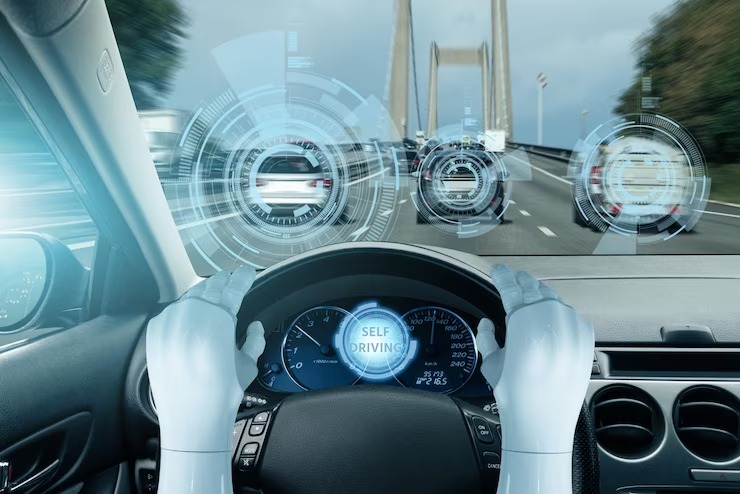
The Ethics of AI in Autonomous Vehicles: Safety, Responsibility and Liability
Artificial intelligence (AI) is rapidly transforming the automotive industry, and nowhere is this more evident than in autonomous vehicles. Self-driving cars are expected to revolutionize the way we travel, but they also raise important ethical questions about safety, responsibility, and liability.
One of the biggest advantages of autonomous vehicles is their potential to greatly reduce accidents caused by human error. According to the World Health Organization, around 1.35 million people die each year in road traffic accidents, and up to 50 million people are injured or disabled. Self-driving cars can reduce these numbers by removing the human element from driving, which is a major cause of accidents.
However, as with any new technology, there are also risks and challenges associated with autonomous vehicles. One of the key ethical considerations is the issue of safety. While self-driving cars can reduce accidents caused by human error, they also face technical challenges that can lead to accidents. For example, in March 2018, an Uber self-driving car struck and killed a pedestrian in Arizona. The car failed to detect the pedestrian and did not brake in time to avoid the accident.
This incident highlighted the need for more rigorous safety testing and standards for autonomous vehicles. It also raised questions about who should be held responsible in the event of an accident involving a self-driving car. Should it be the vehicle manufacturer, the software developer, or the owner of the car?
Another ethical consideration is the issue of responsibility. As autonomous vehicles become more common, it will become increasingly important to determine who is responsible for the actions of these vehicles. For example, if a self-driving car causes an accident, who should be held responsible: the car manufacturer, the software developer, or the owner of the car?
There is also the question of liability. As self-driving cars become more prevalent, the insurance industry will need to adapt to these new technologies. In the event of an accident involving an autonomous vehicle, who will be liable for the damages? Will it be the car manufacturer, the software developer, or the owner of the car? These are important questions that need to be addressed as we move towards a future of self-driving cars.
To address these ethical considerations, there are several steps that can be taken. First, there needs to be more rigorous testing and standards for autonomous vehicles. This can help to ensure that these vehicles are safe and reliable, and can reduce the risk of accidents.
Second, there needs to be a clear framework for determining responsibility and liability in the event of an accident involving a self-driving car. This could involve a combination of laws, regulations, and insurance policies that take into account the unique risks and challenges of autonomous vehicles.
Finally, there needs to be more public education and awareness about the benefits and risks of autonomous vehicles. As with any new technology, there will be concerns and skepticism, and it will be important to address these concerns and provide accurate information to the public.
In conclusion, the ethical considerations of AI in autonomous vehicles are complex and multifaceted. While self-driving cars have the potential to greatly reduce accidents caused by human error, they also raise important questions about safety, responsibility, and liability. To address these issues, there needs to be more rigorous testing and standards for autonomous vehicles, a clear framework for determining responsibility and liability, and more public education and awareness about the benefits and risks of these technologies. By addressing these challenges, we can ensure that autonomous vehicles are safe, reliable, and beneficial to society.
Liked this blog? Sign up for our exclusive AI monthly newsletter.
Previous articles

AI 2024: Predictions and Advances in Artificial Intelligence
There’s no doubt 2023 was a landmark year for AI technologies. From healthcare to customer service and beyond, AI transformed the way the average person communicates, works, and solves complex problems. In this article, we’ll delve into the advances and breakthroughs achieved in AI development, as well as the opportunities and challenges that lie ahead […]

AI Call Centers: Turning Customer Support into Customer Experience
When a customer contacts an AI-enabled call center, two things can happen: The customer leaves satisfied with the interaction Their issue is not resolved and they leave with a negative association of your brand Keeping customers satisfied relies on the appropriate use of AI in call centers. This often means centering AI automation as a […]